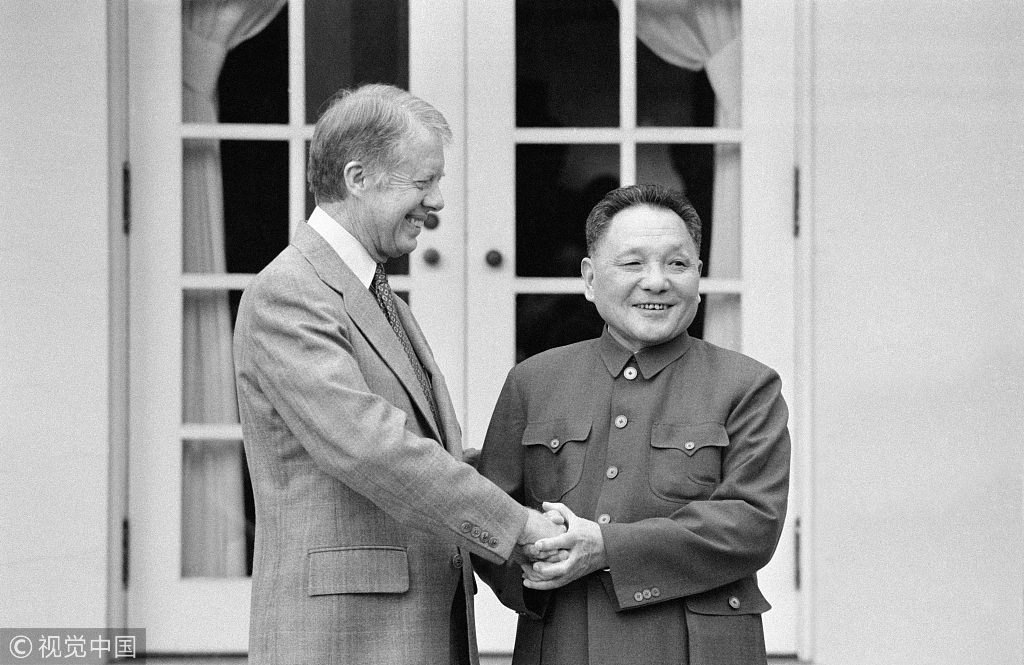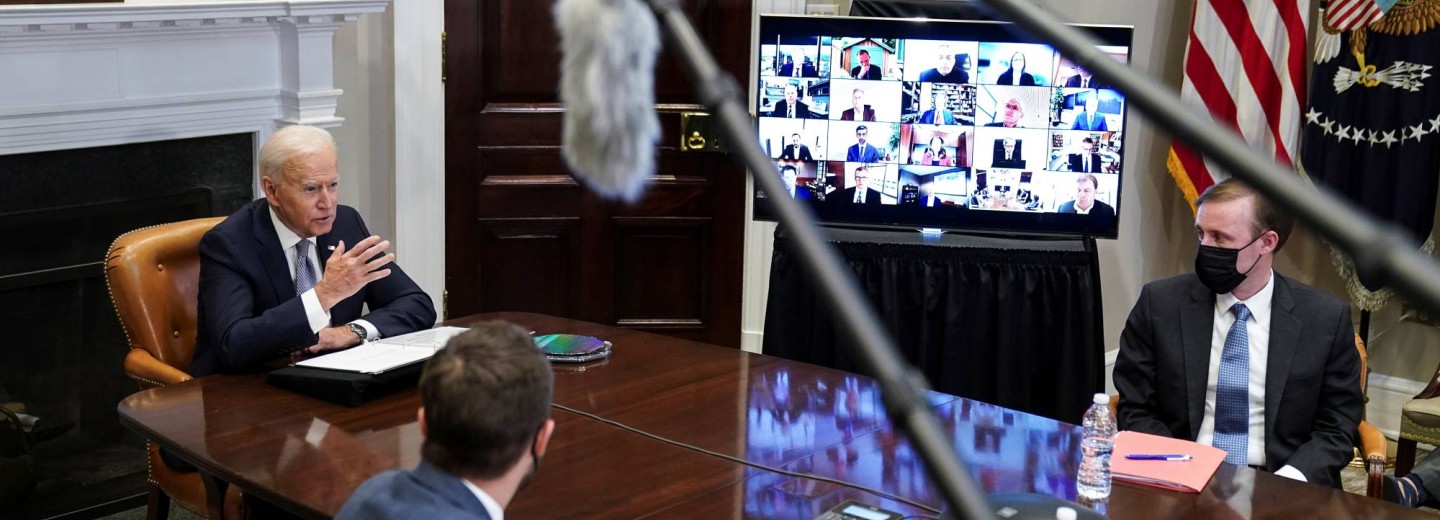China News 13th December 2021
With our apologies for the lack of China News last week, here are three news articles we have selected this week. The first concerns the ‘Democracy Summit’ hosted by President Biden this week. Chinese writers see democracy in a different light. Here is a view from the South China Morning Post.
The best democracy is not necessarily the most powerful. The most powerful democracy is not necessarily the most representative or functional, though by sheer dominance, it may well claim to be so.
Right from the start, a summit of democracy held in Washington last week and led by US President Joe Biden deserves a good deal of scepticism. It sounds more like a ganging up. Against whom? I think we all know who the usual suspects are.

The practice of democracy starts at home. Though if that is failing, politicians may invoke an external enemy or enemies to distract the public.
It’s true that there is a democratic deficit, if by that, there are fewer “democracies” today than 10 or 20 years ago. But still, the Washington summit has invited more than 140 countries: that’s almost three quarters of the total number of nations. Not all democracies are the same. Some are better or more functional than others; some are in name only but it’s still useful to count them up. As Franklin D. Roosevelt famously said, “He may be a bastard, but he’s our bastard.”
There are two unspoken assumptions behind the Washington summit that deserve to be challenged because they are, as far as I can see, unsound and untrue.
Assumption 1: The global advance of democracy since the end of the Cold War is backsliding and it needs the United States to reverse it.
Response 1: If there is indeed a backsliding, the US is more responsible than any authoritarian government or dictatorship.
Assumption 2: The US is the most important democracy in the world and its leadership is paramount.
Response 2: Democracy itself is backsliding in the US and it is no model to anyone.
Taken the two responses together, I contend that the US is damaging democracy at home and aboard.
RESPONSE 1
The US and its allies have experienced much of the democratic backsliding since 2010, indeed at double the rate of non-allies, in terms of such factors as judicial independence and electoral fairness. That’s according to data compiled by V-Dem, a Swedish non-profit that tracks the levels of democracy of nations based on quantifiable indicators and analysed by The New York Times.
Most US allies and aligned nations experienced no democratic improvement in the past decade, though many non-allies did, the report finds.
“The revelations … suggest that much of the world’s backsliding is not imposed on democracies by foreign powers,” the V-Dem/NYT report says, “but rather is a rot rising within the world’s most powerful network of mostly democratic alliances.”
Institutional decline caused by divisive domestic politics and cultish leaders is partly to blame. More often, it’s the rise of illiberal democracy as seen in such countries as Turkey, Hungary, Israel and the Philippines.
To the list we can certainly add the US, with its militarisation of police forces, a corrupt and brutal prison system, systemic racism and disenfranchisement of minorities, especially blacks. Voting rights have been curtailed and the courts are politicised with appointed judges, from lower courts all the way to the Supreme Court.
The report continues:
Now, it’s fair to say democratic backsliding has mostly domestic causes in those US-allied countries, so you can’t blame it all on Uncle Sam. But what we need to establish is that countries close to the US have experienced the most democratic decline; those closer to China, Russia and Iran have not.
At the very least, we need to revise long-held assumptions about the spread of democracy and the US role in it.
RESPONSE 2
Most young Americans aged 18 to 29 already share the belief stated in this antithesis. A new survey of this age group by the Institute of Politics at the Harvard Kennedy School finds more than half believe US democracy has either “failed” or is “in trouble”.
About 35 per cent thought there could be a second civil war in their lifetime, while a quarter said there could be a US state seceding within their lifetime. Meanwhile, 39 per cent described the country as a “democracy in trouble” and another 13 per cent of called it a “failed democracy”. Of the more than 2,100 young Americans surveyed, only 7 per cent believed the US was a “healthy democracy”, while another 27 per cent considered it a “somewhat functioning democracy”.
If democracy needs improvement or to be shored up, there is much work to be done at home rather than aboard.
Overseas, for many foreigners including this writer, “democracy” has been the fig leaf for the US to advance and maintain its global hegemony. Even if its interventions abroad were sincere, the imposition of democracy by force has generally been a failure. It has destabilised more countries and societies than freeing them. And those few cases of undoubted success, such as post-war Japan, Germany and South Korea may have more to do with their own domestic developments than US influence.
Given all these reasons, I argue that the Washington summit next week is the very symptom of what is so terribly wrong with American democracy, rather than what is wrong with democracy generally around the world that needs a course correction by Americans.
Source: scmp.com.
Our second article notes the difference between a US President who tried to understand China and more recent Presidents who have failed to understand its culture. This lack of understanding is at the heart of the current disputes
One of the main reasons for the sharp deterioration of bilateral relations between the United States and China is the lack of mutual understanding between the two countries. I want to highlight how difficult it is to achieve mutual understanding with the experience of President Carter and the Carter Centre.
When President Carter was young, missionaries in his hometown of Georgia told him that China needed help. He began to donate money to the church to help China. When he was a teenager, his uncle Tom Gody was stationed in China as a naval soldier. He often writes to President Carter.
President Carter first visited China in 1949, when he was a submarine officer. He saw the destruction caused by the war and widespread poverty. He did not quite understand the complexity of the situation in China, but he did note that the Kuomintang was unpopular.
President Carter’s second trip to China came after leaving the presidency of the United States in 1981. Previously, he was brave and determined to normalize their relations after 30 years of hostility between the United States and China. Because he deeply understands that the Chinese people, like the American people, yearn for peace and prosperity. If the most powerful country and the most populous country in the world have not even established diplomatic relations, what about peace and prosperity?

From 1949 to 1981, many changes took place in China. President Carter has visited China many times. His last trip to China was in September 2014, when he was 90 years old. From 1981 to 2014, more and more significant changes took place in China, because President Carter often visited China. He could understand that these significant changes made the Chinese people freer, made the Communist Party of China more popular, made China the world’s second largest economy, and enabled China to exert influence on international affairs.
Source: column.cankaoxiaoxi.com.
And finally, a short passage from a long article about Chinese aesthetics. The western people can gain much from understanding better how Chinese culture appreciates beauty.
Jia Pingwa said that living an interesting life is the highest level of life. If you feel that life is boring, in the final analysis, you lack a heart that understands beauty.
Zhang Chao, the author of the “Qing Dynasty”, said:
People who know beauty are affectionate to the people around them and the things in front of them, and their spiritual world is also extremely broad. They will not be trapped by ‘busyness’, triviality, and it is not easy to fall into anxiety and irritability.
Because I know how to find beauty, even if I live in a strange place, I can still live a poem.

Western philosophers once exclaimed: “Chinese aesthetics is a kind of emotional wisdom”, which not only teaches people to look at life with a beautiful eye, but also teaches them how to coexist peacefully with the world. In real life, the more well-versed people are in aesthetics, the more they can leave the rich and poor and live a comfortable, funny and enviable life.
So the question is, what kind of life is in line with Chinese aesthetics? Tasting tea and burning incense, setting up bottles and flowers?
Don’t worry, calm down first, read these four books carefully, and you will understand the core of the aesthetics of life in the Chinese people, which is more convenient to implement.

Source: mall.ifeng.com.
Worked on the article:

Wanlikhang





